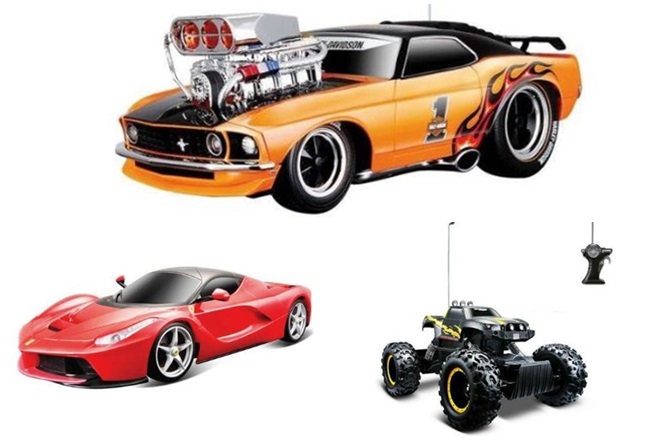Introduction to Radio-Controlled Cars
The Fascination with Radio-Controlled Cars
Radio-controlled (RC) cars toy have captivated the imaginations of both young and old for decades. These miniature marvels, which can be controlled remotely using a transmitter or remote, merge the thrill of speed with the challenge of precise maneuverability. Initially developed as a niche hobby, ラジコンカー have evolved into a diverse and sophisticated hobby with a broad appeal. The fascination lies not only in the act of racing but also in the processes of building, customizing, and optimizing these vehicles for various terrains and competitions. This hobby combines elements of engineering, strategy, and creativity, offering a multifaceted experience that goes beyond simple play.
The Evolution of RC Car Technology
RC car technology has seen significant advancements since its inception. Early models were often simplistic, battery-powered vehicles with limited control and range. Today, the world of RC cars boasts a wide array of technologies, including electric and nitro (gas-powered) engines, sophisticated electronic speed controllers, and highly responsive digital radios. These advancements have led to improvements in speed, handling, and durability, allowing these vehicles to perform complex maneuvers and reach impressive speeds. The progression in technology has not only made RC cars more enjoyable to operate but has also elevated the competitiveness of racing, turning it into a highly skilled and technical hobby.
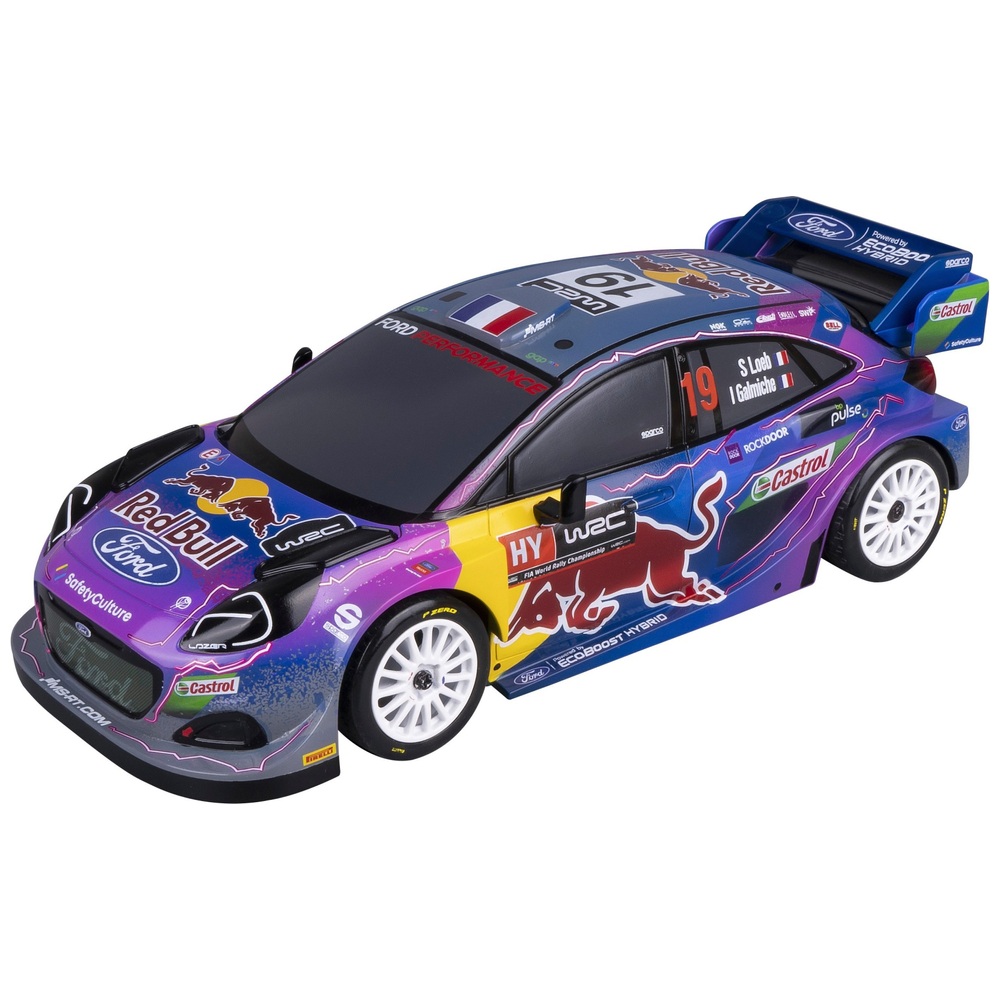
Types of RC Cars and Their Uses
RC cars come in various forms, each designed for specific environments and types of racing. The primary categories include on-road cars, which are designed for speed and performance on smooth surfaces, and off-road vehicles, which are built to tackle rough terrain with ease. Within these categories, there are further subdivisions such as buggies, trucks, truggies, and more, each offering unique characteristics and capabilities. Additionally, RC cars are divided into electric and nitro-powered versions, with each power source offering distinct advantages. The choice of car depends on the user’s preferences, the racing conditions, and the level of performance desired. This diversity ensures that there is an RC car suited to nearly every interest and skill level.
The Technical Aspects of RC Cars
Understanding the Components of RC Cars
An RC car comprises several key components that work together to provide the driving experience. At its core, an RC car consists of a chassis, motor or engine, battery (for electric models), electronic speed controller (for electric models), radio receiver, and a steering mechanism. The chassis serves as the foundation, designed to accommodate off-road conditions or high-speed on-road racing. The motor or engine provides the power, with electric models offering ease of use and cleanliness, while nitro engines offer a more realistic driving experience with engine noise and exhaust. The electronic speed controller in electric models allows for precision control over the vehicle’s speed and direction.
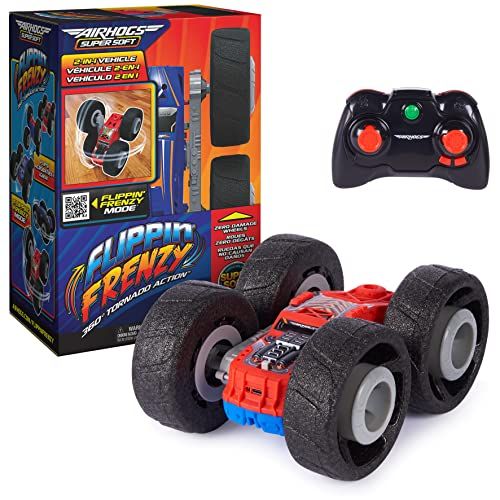
The Role of Customization and Upgrades
One of the most appealing aspects of the RC car hobby is the ability to customize and upgrade vehicles. Enthusiasts can modify almost every aspect of their RC car to improve performance, aesthetics, or both. Upgrades can range from simple cosmetic changes like body paint and decals to significant performance enhancements such as more powerful motors, improved suspension systems, and better tires. Customizing an RC car not only enhances its performance but also allows hobbyists to create a vehicle that is uniquely theirs, reflecting their personal style and preferences.
The Importance of Maintenance and Tuning
To keep an RC car in top racing condition, regular maintenance and tuning are essential. This involves cleaning the car after use, particularly for off-road vehicles that may collect dirt and debris, checking and tightening any loose parts, and ensuring the electronics are in good working order. Tuning an RC car can involve adjusting the suspension settings, gear ratios. And alignment to optimize performance based on the driving conditions. Regular maintenance not only prolongs the life of the vehicle but also ensures it performs at its best, providing the most enjoyable driving experience possible.
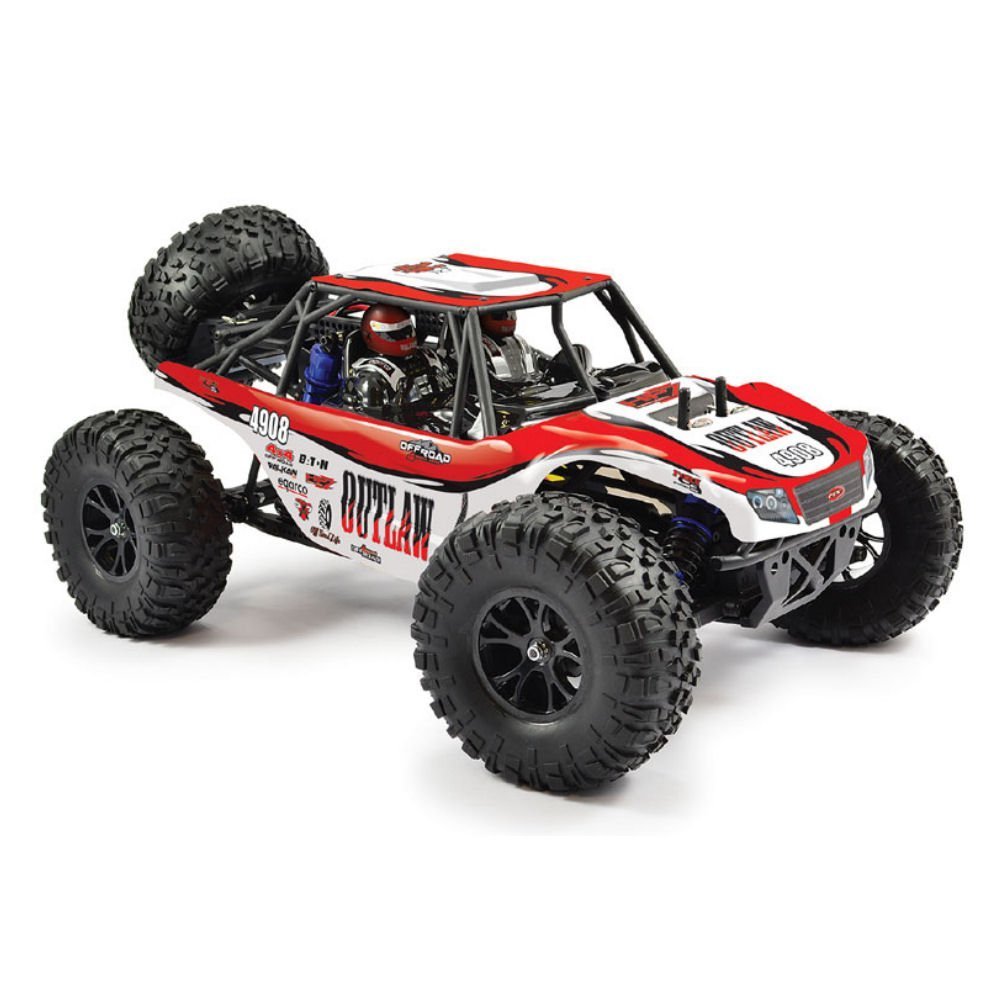
Engaging in the RC Car Community
Competitions and Racing Events
The RC car community is vibrant and welcoming, with numerous competitions and events held locally, nationally, and internationally. These events range from casual meet-ups and practice sessions to highly competitive races that attract top drivers from around the world. Competing in these events allows enthusiasts to test their skills against others, learn new techniques, and share their passion for the hobby. Racing events also serve as a showcase for the latest technology and innovation in the field, pushing the boundaries of what is possible with RC cars.
The Educational Value of RC Cars
Beyond being a hobby, RC cars offer significant educational value. They provide a hands-on way to learn about physics, mechanics, and electronics, teaching principles such as aerodynamics, power-to-weight ratio, and gear ratios in a practical, engaging manner. Building and maintaining an RC car can also develop problem-solving skills, attention to detail, and patience. For young enthusiasts, the hobby can spark an interest in
STEM (Science, Technology, Engineering, and Mathematics) fields, which can lead to educational and career opportunities. Schools and educational programs around the world are recognizing this potential. With some integrating RC cars into their curriculum to help students apply scientific concepts in real-world scenarios.
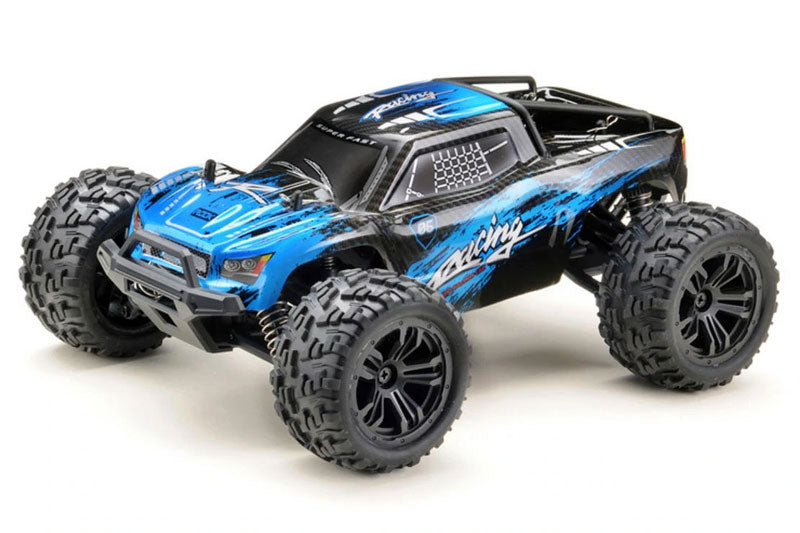
Community Engagement and Social Interaction
Participating in the RC car hobby encourages community engagement and fosters social interaction. Hobbyists often congregate in clubs, online forums, and social media groups to discuss tips, share experiences, and collaborate on projects. This sense of community is a central part of the hobby’s appeal, offering a supportive network where individuals can advance their skills and knowledge. Events such as build days, swap meets. And charitable races further strengthen community bonds and can draw positive attention to the hobby. Inviting new members and promoting good causes.
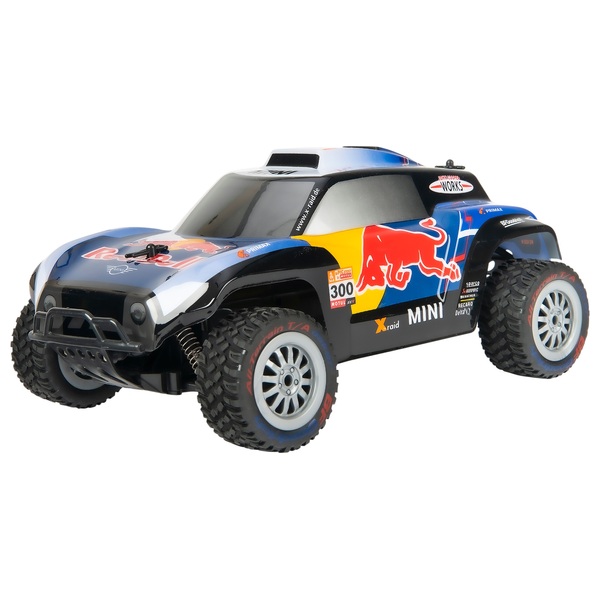
The Global Reach of RC Cars
The RC car hobby transcends geographical boundaries, uniting enthusiasts from around the world. International competitions serve as a melting pot for hobbyists of different cultures and backgrounds, fostering mutual respect and cultural exchange. Manufacturers and retailers also contribute to this global community by shipping products internationally and sponsoring events, making it easier for anyone to get involved regardless of location. The widespread appeal of RC cars demonstrates their universal ability to inspire passion and connect people from all walks of life.
